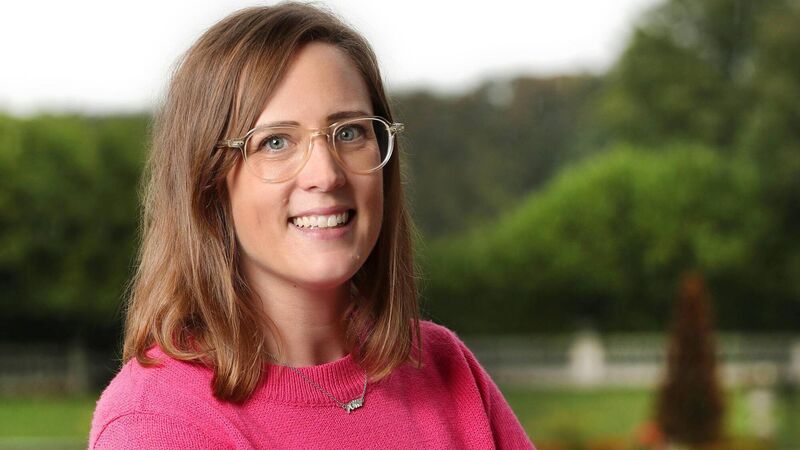Alison Curtis: My daughter's unexpected reaction to re-entering society after lockdowns

Alison Curtis Pic: Marc O'Sullivan
I think most of us associate the stage of childhood, whereby your child won’t leave your side or has to be pried off you, with very young children.
However, we would be wrong to assume this — it seems that it can happen at any age. I imagine the stress of a global pandemic and everyone being home all the time would result in not just children but parents having the potential to be clingy.






